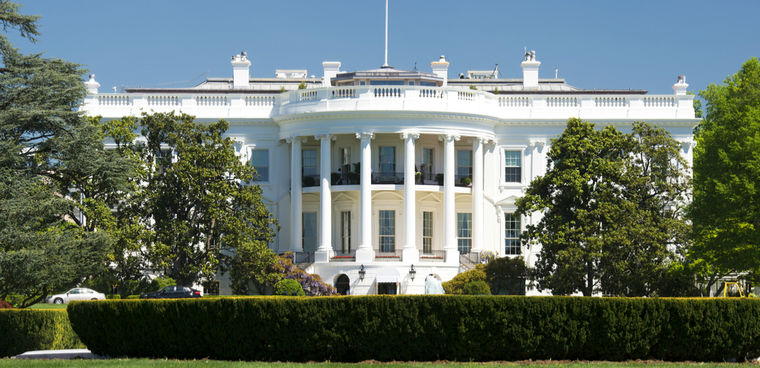Trump announces nominee to head OSTP

Kelvin Droegemeier, an extreme-weather expert, is the president's pick for the long-vacant Office of Science and Technology Policy director's post.

President Donald Trump has tapped Kelvin Droegemeier to be his chief science and technology advisor.
Pending Senate approval, Droegemeier will serve as director of the Office of Science and Technology Policy, a key advisory post to the president that has been vacant since Trump took office. OSTP also leads programs and policy in these areas domestically, internationally and across agencies.
Droegemeier is a meteorologist by trade. He currently serves as a meteorology professor at the University of Oklahoma and as Oklahoma Cabinet Secretary of Science and Technology.
At a federal level, his experience includes co-founding two centers for weather science within the National Science Foundation, and serving as a member of the National Science Board under Presidents George W. Bush and Barack Obama. He is also a fellow at the American Meteorological Society and American Association for the Advancement of Science.
If confirmed, Droegemeier will face a range of challenges. Among them, he will take over an OSTP with a far lower number of staffers than it had under the Obama administration. This includes vacancies at the associate director level for four OSTP divisions — for environments, science, technology and national security and international affairs — according to the Partnership for Public Service’s political appointments tracker.
Michael Kratsios, a top aide to Peter Thiel before joining the administration as deputy CTO, has been the de facto head of the office in the absence of a permanent director.
Under the Trump administration, OSTP has primarily focused on national security, border technology and emerging tech such as robotics and AI. It also has leaned on the private sector and increased commercialization.
The day Droegemeier’s nomination was announced, the White House also detailed its research and development priorities for 2020.


